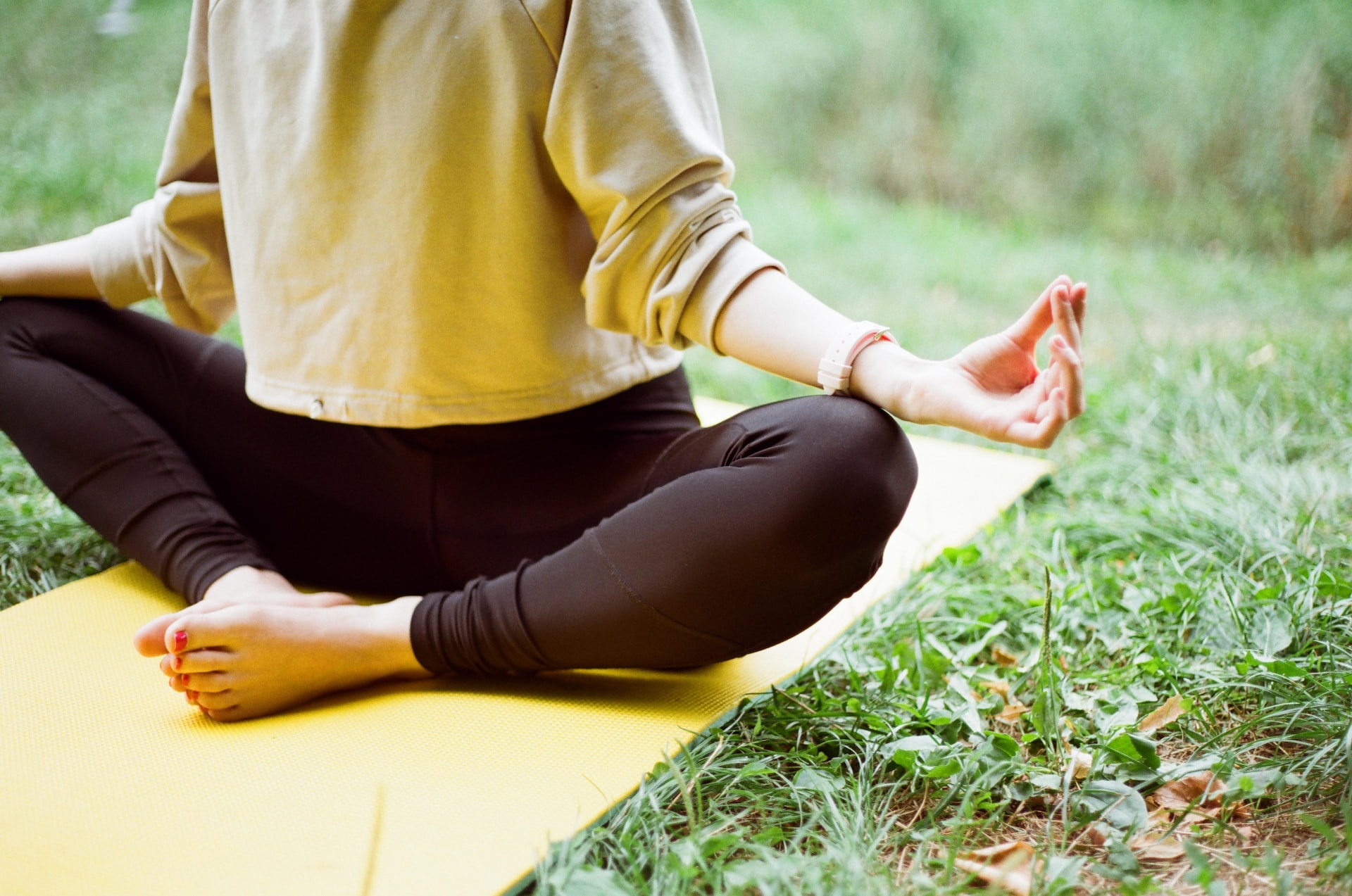Even if you love your life and job, it’s easy to get caught up in the daily grind.
Most of us, at times, can find ourselves feeling a bit worn down, less excited by things, or consumed with thinking about what’s next instead of being present in the moment.
Gratitude is a way to slow down, focus on all the good things in your life, and shift your mindset for the future.
Here’s why gratitude is important for both your work and personal life, plus eight practices you can try today.
The Science of Gratitude
On an intuitive level, we can all understand why gratitude is so essential for mental health, motivation, and contentment. Being grateful creates a positive mindset which helps support positive outcomes.
But why can gratitude be so impactful in your life? Research points to a few reasons:
- Gratitude revolves around basic human and social emotions that affect your well-being.
- Gratitude is an important part of social bonding.
- Gratitude may be connected to the production of dopamine in your brain, a “feel-good” chemical that makes you happy.
- Gratitude reduces fear and anxiety through the regulation of stress hormones.
Simply put, gratitude is good for your brain.
And, because of that, it’s good for both your personal and professional lives as well.
Some specific benefits of incorporating a gratitude practice into your life include:
- Boosted immune system: Gratitude may contribute to less stress, which helps the immune system, and decreases the risks of heart failure.
- Improved mental health: Daily gratitude practices can ease symptoms of anxiety and depression as well as generally improve your mood.
- Better relationships: As a key part of forming and strengthening relationships, gratitude can help you increase relationship satisfaction, particularly towards a romantic partner.
- More optimism: Gratitude can generally increase your optimism, which is important for healthy aging and present-day contentment and happiness.
Gratitude in Life and Work
Narrowing down from the big picture level, there are a few practical ways in which gratitude can benefit you in both your professional and personal lives.
Gratitude at Work
Developing gratitude practices may support your work life by:
- Feeling optimistic about future career opportunities.
- More easily working through challenges and conflict.
- Strengthening working relationships with colleagues.
- Helping you remember the things you enjoy about your work and role.
- Finding peace and calm during a busy or stressful season.
- Allowing you to remember the achievements and progress you’ve made.
Cultivating gratitude at work is, in large part, connected to your environment and surroundings. It’s easier to develop a positive mindset when you’re in a positive space, both physically and relationally.
For that reason, we believe your workplace matters. Where you choose to spend time and accomplish your professional goals can have a significant impact on your gratitude mindset.
At Colab Space, our vision is to create collaborative communities that feel like home. The Colab difference is all about holistically supporting you, and this is reflected in the care we put into every detail of our space, including:
- Access to a wellness room
- On-site staff support
- Professional mixers and parties to build community
- Perks and amenities like our one-of-a-kind spa water
Gratitude in Life
The same way that it does in your work life, gratitude can also transform your home and personal lives by:
- Strengthening your family relationships.
- Better work-life balance through managed stress and anxiety.
- Increased contentment with your home, belongings, and personal items (not more “keeping up with the Jones’”).
- Stronger connection to yourself, your emotions, and your spirituality.
- Improved sleep quality and overall mental and physical health.
8 Gratitude Practices
If your response is, “I want that,” to this list of the benefits of gratitude, it’s time to start cultivating some regular practices to help you get there!
Gratitude practices can be very simple and easy to incorporate into your daily routine. Try out a few items on this list and see what works for you. Gratitude is personal, and so are your gratitude practices, so it may take some time to see what you like most.
Mindset Gratitude Practices
- Meditation: Spending time in meditative silence can be an excellent gratitude practice. If you’re new to meditation, try an app for guided meditation, such as Calm.
- Journaling: If you’d rather write down your thoughts, spend some time journaling. You can keep a specific gratitude journal or include it in your other writings. Simply jotting down a few things you’re grateful for on a regular basis, whether large or small, can help train your brain to be more thankful.
- Gratitude countdown: When you’re feeling stressed and need a moment, take a 10-count pause. As you count backward from 10, focus on something you’re grateful for at each number, articulating it in detail as much as possible. This helps reframe your mindset and provides a moment of calm.
- Internal Gratitude: Sometimes, the simplest option is the best one. As much as possible, think about things you’re grateful for throughout the day. A quick internal acknowledgment of your gratitude for a sunny day, a great cup of coffee, or an easy commute can help build up your practice.
Physical Gratitude Practices
- Volunteering: Giving back to your community by volunteering increases your gratitude by focusing less on yourself and more on others. It can also help you feel content with the good things you have in your life.
- Saying “Thank-You”: We were taught to mind our Ps and Qs growing up, and it’s just as important as an adult. Make a conscious effort to regularly thank other people for their positive actions and the help they provide. This could be thanking your barista each morning or thanking your spouse. Saying it out loud will train your brain toward gratitude while showing care to the other person.
- Writing Notes: When a verbal “thank-you” just isn’t enough, write a note. This could be handwritten or an email, but take some time to express gratitude to someone who deserves it. We promise you’ll both love it!
- Gratitude Jar: Grab an empty jar and put it somewhere in your house. Every time you’re grateful for something, write it down and put it in the jar. It’s a visual reminder of all you have to be grateful for while giving you something to look back on and remember at the end of the year.
Gratitude practices don’t have to be complex. But if you make a point to include them in your daily life, they can profoundly impact at work and in your life.
At The Colab Space, we focus on enhancing your personal and professional well-being. Want to experience it for yourself? Book a tour today.


